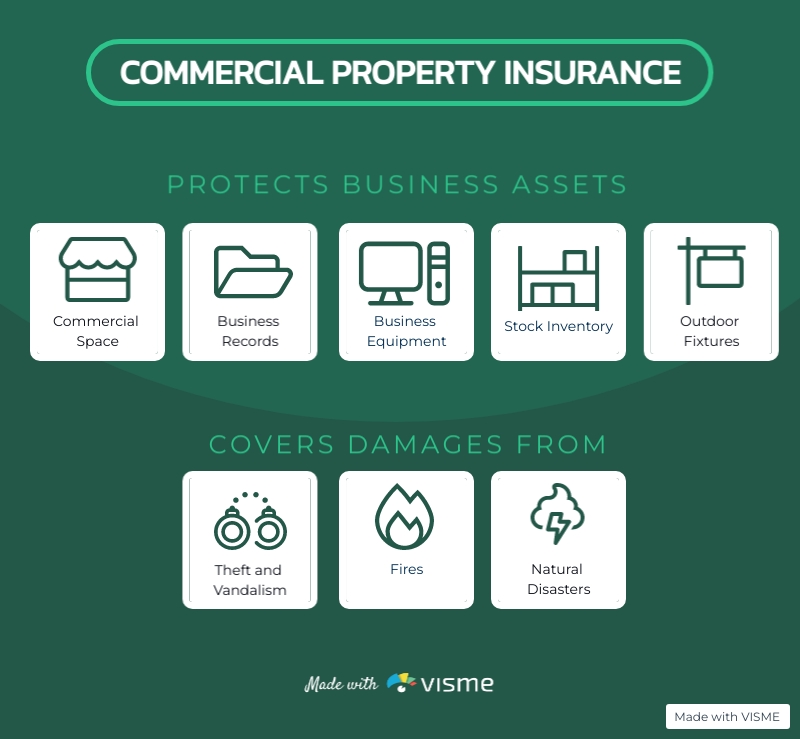
Moving can be a daunting task, filled with stress and uncertainty. From packing up your belongings to transporting them to a new location, there are numerous challenges that can arise along the way. That’s why choosing a safe and reliable moving company is crucial to ensure a smooth and hassle-free experience. In this article, we will explore the key factors to consider when selecting a moving company that prioritizes safety and reliability. https://agreensign.com/top-rated-hearne-movers-your-ultimate-moving-solution/
Licensed and Insured: A Non-Negotiable Requirement
One of the first things to check when choosing a moving company is whether they are licensed and insured. A reputable company will have the necessary licenses and insurance coverage to protect your belongings during transit. This ensures that in the event of any unforeseen accidents or damages, you are adequately compensated. Always verify the company’s credentials and ask for proof of insurance before hiring their services.
Experienced Professionals: The Backbone of Reliability
Experience speaks volumes when it comes to the moving industry. An experienced moving company will have a team of skilled professionals who are well-versed in handling various types of moves. Whether you’re relocating to a new home or moving your business to a different location, experienced movers can provide valuable expertise and guidance throughout the process. Look for companies with a proven track record and positive reviews from satisfied customers.
Comprehensive Services: Meeting Your Every Need
A reliable moving company offers a wide range of services to cater to your specific needs. From packing and loading to transportation and unpacking, they should be equipped to handle every aspect of your move with efficiency and care. Additionally, inquire about any additional services they offer, such as storage solutions or specialty item handling. Choosing a company that can accommodate all your requirements ensures a seamless moving experience from start to finish.
Transparent Pricing: No Hidden Surprises
Transparent pricing is essential for building trust and ensuring a stress-free moving experience. A reputable moving company will provide you with a detailed estimate outlining all the costs involved upfront. Be wary of companies that offer significantly lower prices than their competitors, as they may be cutting corners or engaging in unethical practices. It’s always best to opt for a company that offers fair and competitive pricing without compromising on quality or safety.
Positive Reputation: A Testament to Quality Service
Word of mouth can be a powerful indicator of a moving company’s reliability. Take the time to research and read reviews from previous customers to gauge their level of satisfaction with the company’s services. Additionally, you can check with the Better Business Bureau or other relevant organizations to see if there have been any complaints filed against the company. A positive reputation is a strong testament to the company’s commitment to providing exceptional service and customer satisfaction.
State-of-the-Art Equipment: Ensuring Safe Transport
The safety of your belongings during transit depends largely on the quality of the equipment used by the moving company. A reputable company invests in state-of-the-art trucks, packing materials, and handling equipment to ensure the safe and secure transport of your possessions. Before hiring a moving company, inquire about the type of equipment they use and their maintenance protocols to ensure everything is up to industry standards.
Customer Satisfaction Guarantee: Putting Your Mind at Ease
Last but not least, choose a moving company that stands behind their services with a customer satisfaction guarantee. This demonstrates their commitment to delivering a positive experience and resolving any issues that may arise promptly. A reliable company will prioritize your satisfaction and go above and beyond to address any concerns you may have throughout the moving process.
Conclusion
Selecting a safe and reliable moving company is essential for ensuring a stress-free and successful move. By considering factors such as licensing and insurance, experience, comprehensive services, transparent pricing, reputation, equipment quality, and customer satisfaction guarantee, you can make an informed decision and enjoy peace of mind knowing that your belongings are in good hands.

